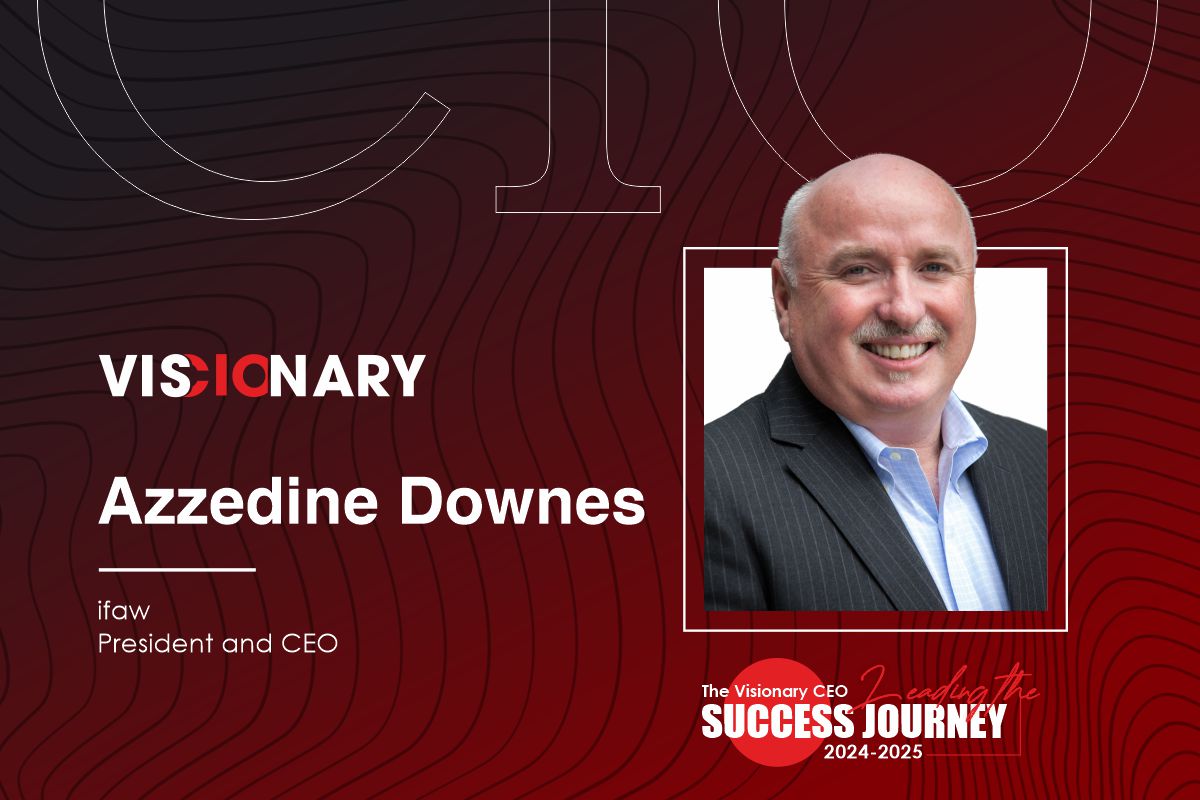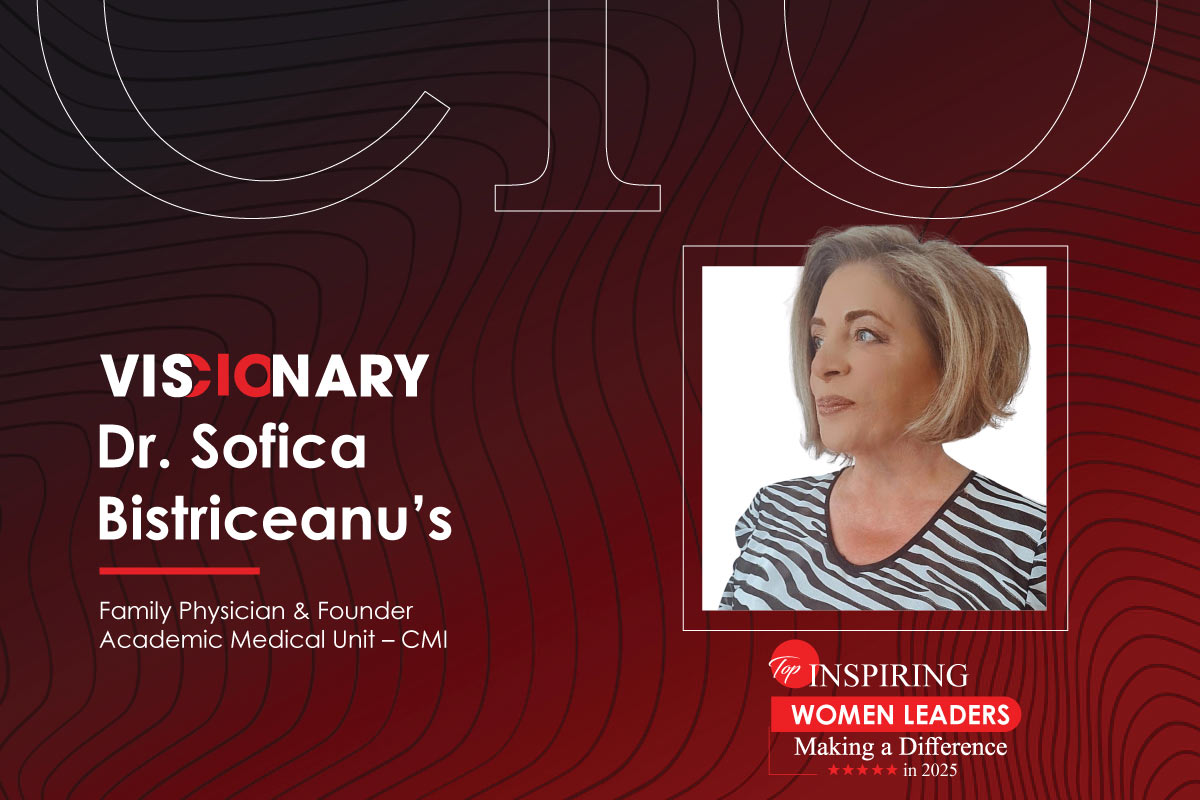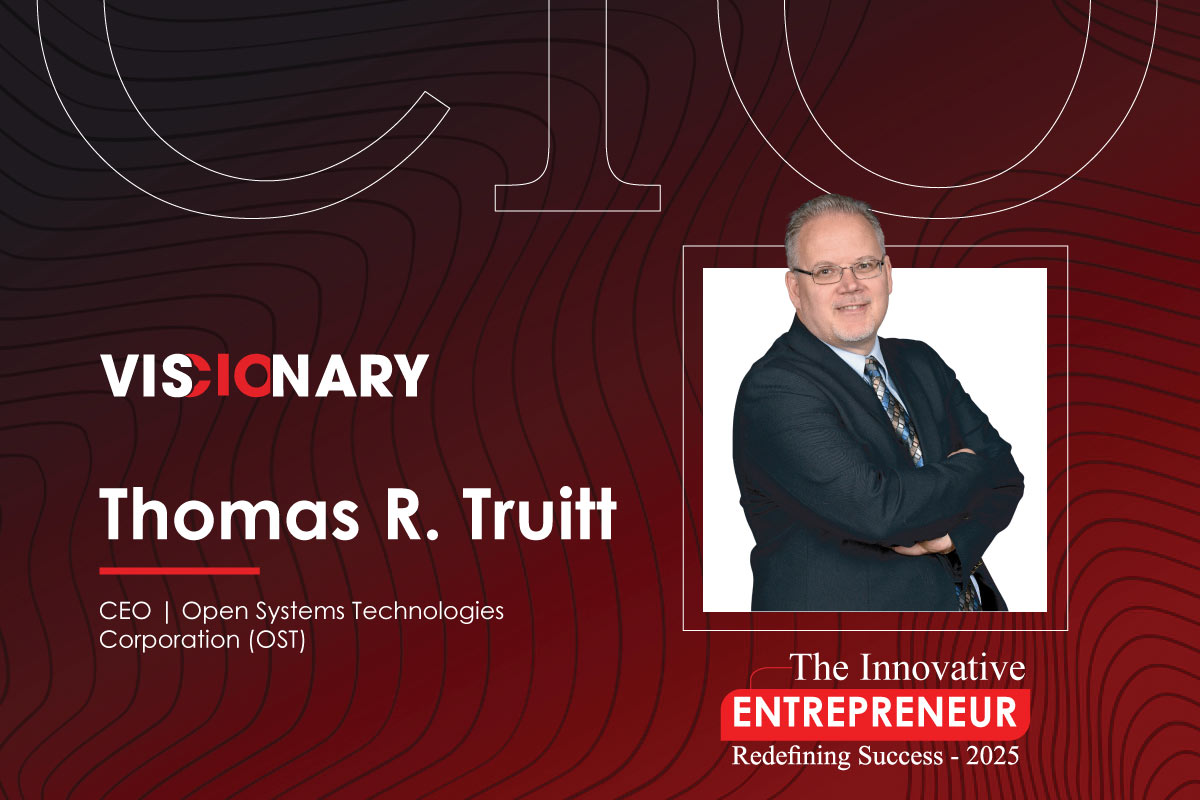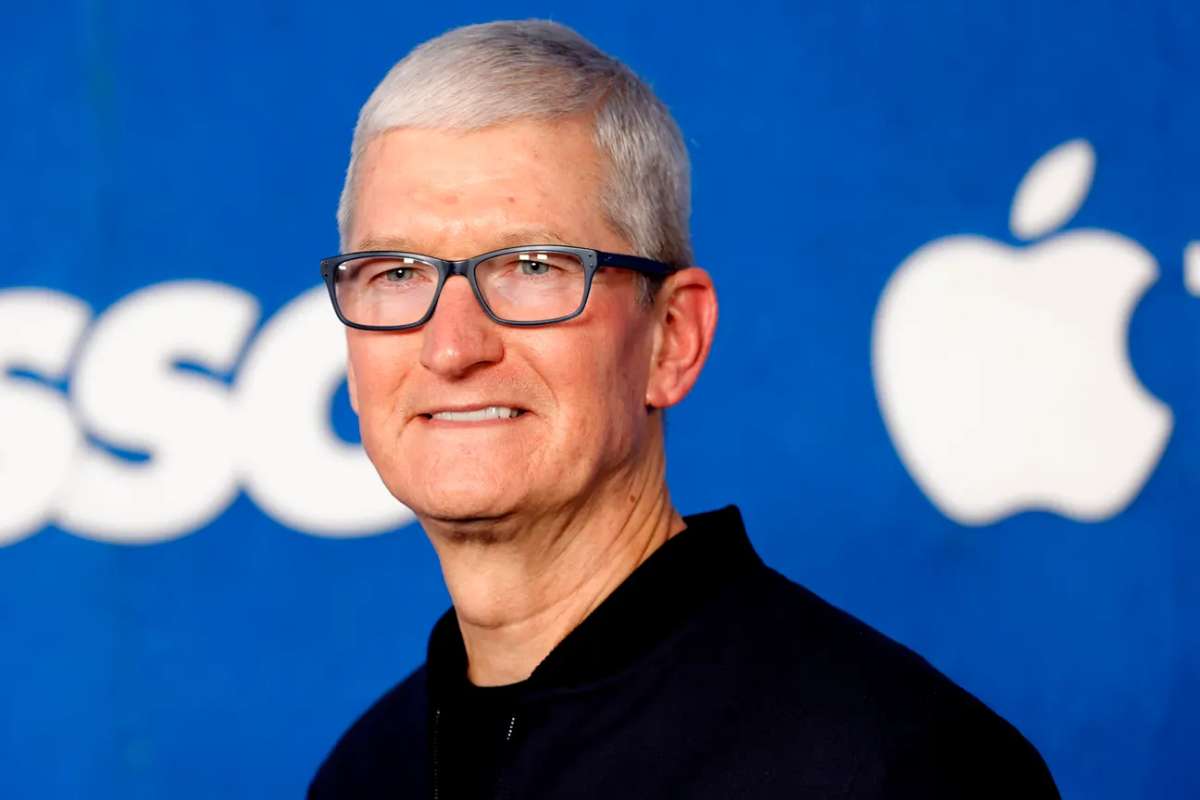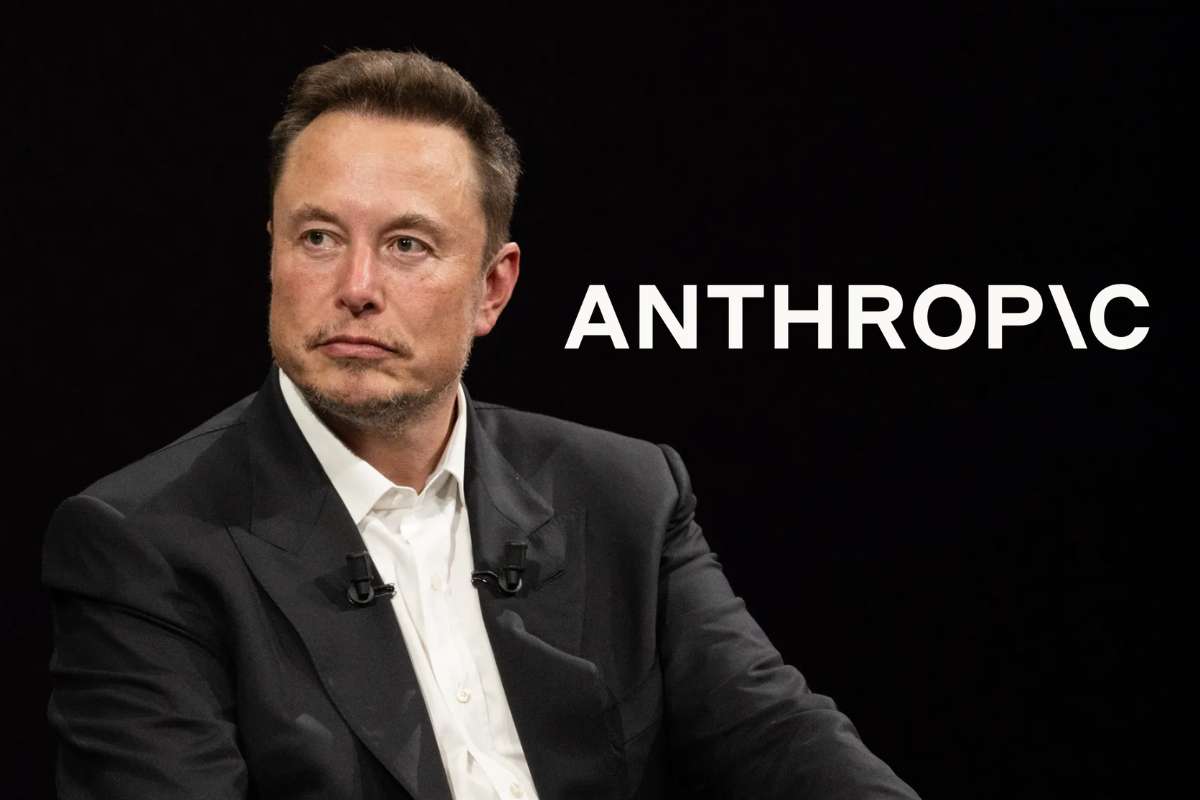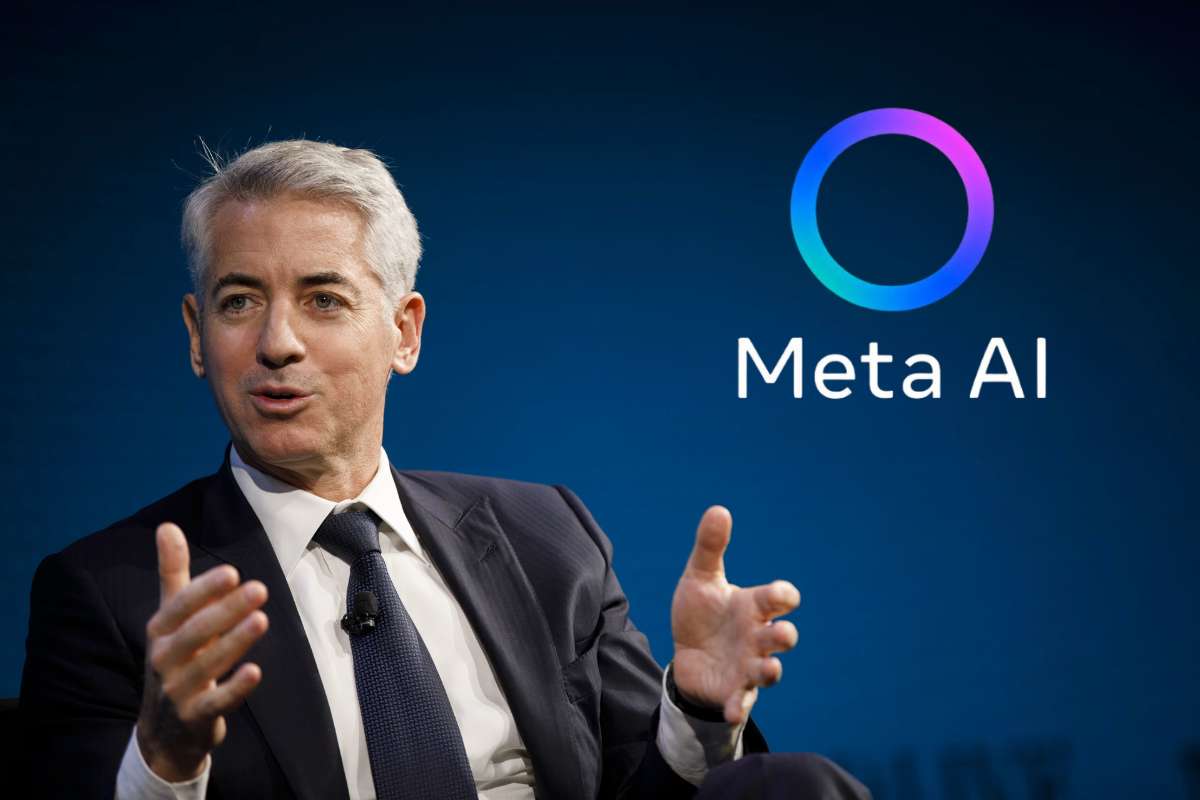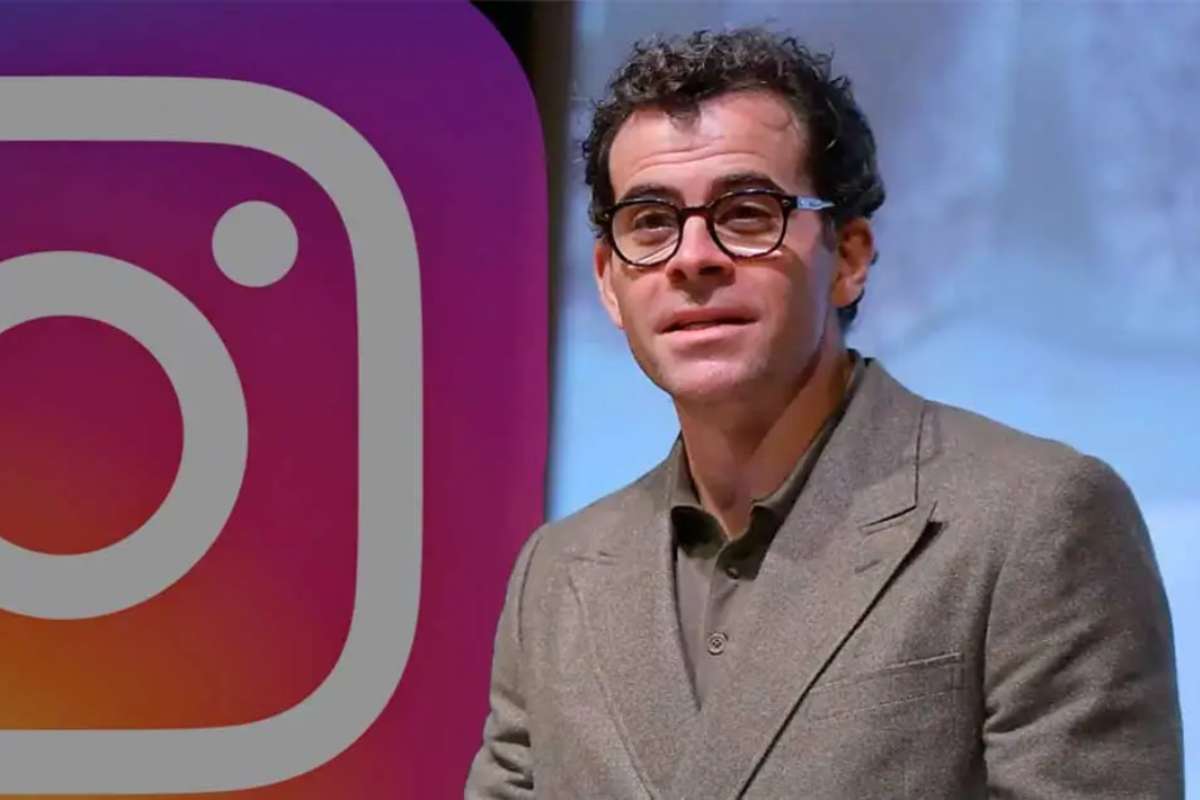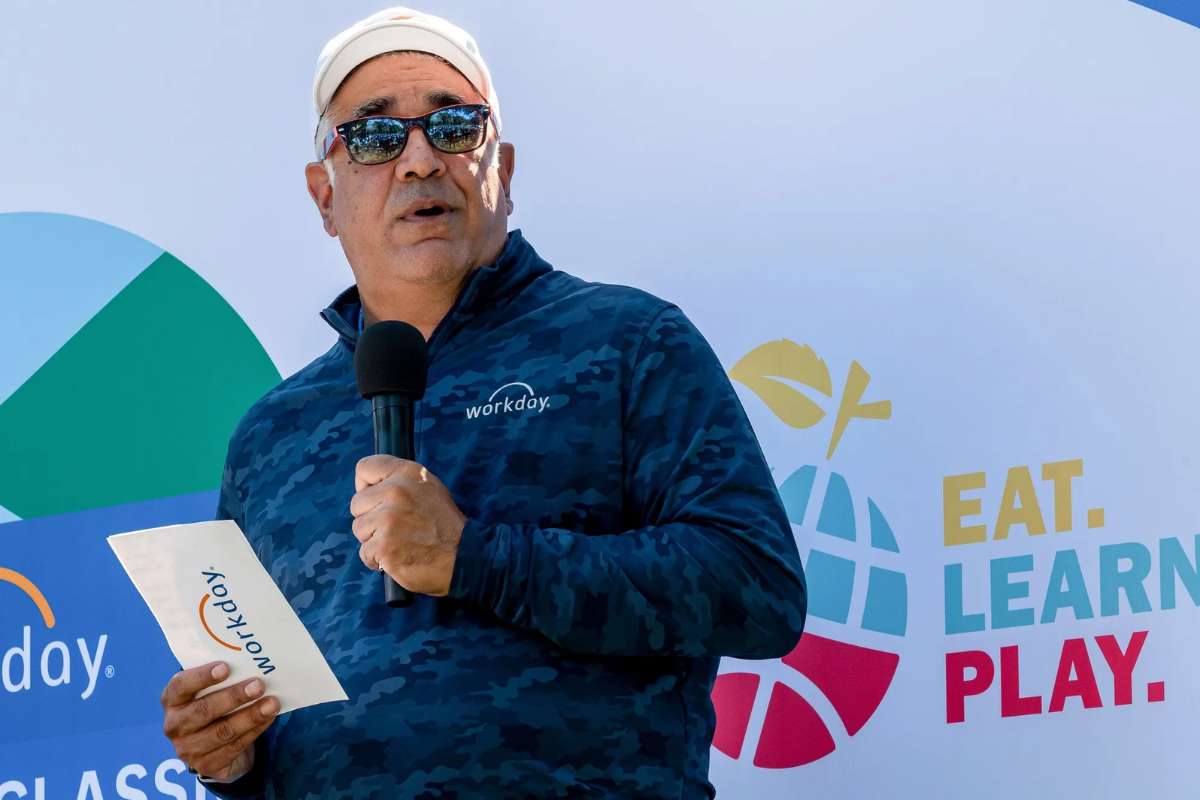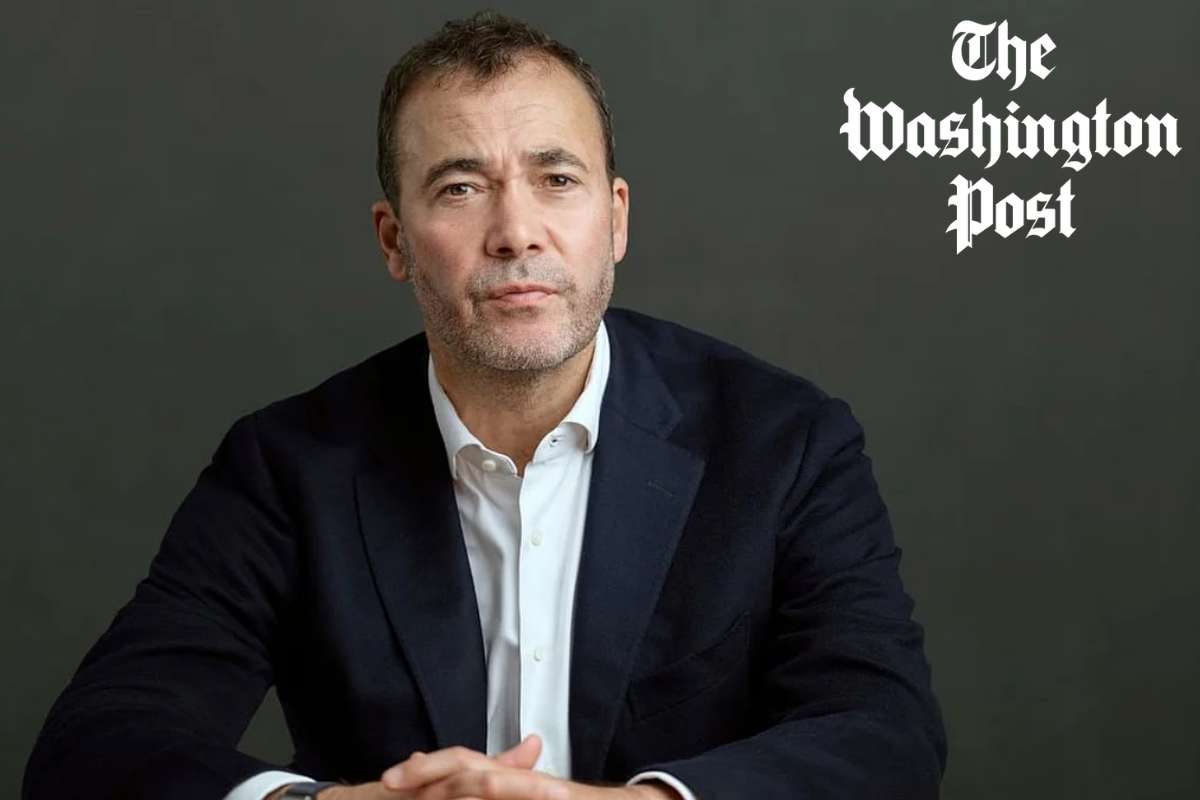The urgency to preserve our planet’s biodiversity has reached a critical point, with nearly 1 million species at risk of extinction, according to the IPBES. Habitat destruction, climate change, pollution, and overuse drive this decline, putting wildlife and ecosystems in chronic danger. In response, visionary leaders are reshaping the animal welfare and conservation industry, shifting its focus from traditional wildlife protection to holistic solutions that support ecosystems and human communities.
They drive innovation, foster cross-sector collaboration, and champion sustainable practices to tackle complex global challenges. By balancing immediate conservation efforts with long-term strategies, these leaders are paving the way for a harmonious future where humans and wildlife coexist.
Azzedine Downes, President and CEO of the International Fund for Animal Welfare (IFAW), personifies this transformative leadership. Through a focus on creativity, community engagement, and connectivity, he has empowered the organization to undertake groundbreaking initiatives like Room to Roam, which reconnects critical transnational elephant habitats in Africa while at the same time addressing the perils of human-wildlife conflict.
In addition, by leveraging advanced technologies like AI, IFAW is also combating wildlife trafficking while strengthening law enforcement preparation and training efforts. Under Downes’ leadership, IFAW is leading the way in a new era of conservation that integrates innovation, collaboration, and sustainable practices.
From Personal Realization to Global Commitment
Azzedine Downes’ inspiration for focusing on conservation began early on when realizing the struggles faced by species worldwide. While living in Jerusalem and hiking above the Dead Sea, he learned from a fellow hiker that the Arabian leopard, once native to the area, had become locally extinct. Although not globally extinct, it had disappeared from that specific region. This realization deeply impacted him, highlighting the fragility of biodiversity and its critical connection to the planet’s health.
This moment sparked his commitment to conserving biodiversity to protect species and help secure the planet’s future. Over time, Downes’ leadership has evolved with a focus on fostering creativity and inclusive participation within the organization. He believes in giving every individual a voice, regardless of their position, and while this approach can challenge traditional structures, it aims to unlock people’s intrinsic motivation and creativity.
By maintaining this approach, Downes has created an environment where ideas thrive, and individuals are empowered to contribute to meaningful solutions. His leadership style has enabled IFAW to address challenges in innovative and collaborative ways that give individuals a sense of true ownership.
Azzedine Downes’ Leadership Journey
When Downes became President and CEO of IFAW in 2012, he quickly recognized that long-term change required more than just reinforcing existing beliefs. As he put it, “Talking to people who already agreed with us just isn’t enough to get real results.” Having served as IFAW’s Executive Vice President since 1997, Downes had already gained invaluable experience collaborating with experts from various scientific fields and decision-makers worldwide. However, upon stepping into his new role, he reshaped IFAW’s strategy by bringing together what he refers to as “the unusual suspects,” creating diverse and unexpected partnerships to tackle global conservation challenges.
- Diverse Partnerships: Downes initiated collaborations with unexpected allies, like seamstresses in Malawi and auction houses in China, creating an eclectic network that now spans over 40 countries.
- Geographic Expansion: Under his leadership, IFAW expanded globally, opening offices on four continents, including its first office in the Middle East, further strengthening its global conservation efforts.

Azzedine Downes has also influenced international policies to create positive change on the ground:
- Historic Agreement: Signed a historic lease agreement with a Maasai community near Amboseli National Park in Kenya, securing 16,000 acres of habitat for elephants.
- Innovative Partnerships: Helped establish a first-of-its-kind cooperative framework between IFAW and INTERPOL’s Environmental Crime Program.
- International Influence: Served as the Head of the Delegation to the CITES Conference of the Parties and directed IFAW’s successful campaign for membership to the International Union for the Conservation of Nature (IUCN).
Staying Calm in the Face of Opposition
One of the greatest challenges Azzedine Downes faced as a leader was resistance to change, a common obstacle in any organization. As people so often become comfortable with established routines, where introducing change can disrupt their sense of stability, Downes realized he had to balance addressing immediate issues while keeping an eye on IFAW’s long-term vision. He learned that remaining calm and composed in the face of opposition is crucial. This calmness, often unexpected in high-stress situations, helps disarm those who may be resistant or combative and creates a safe environment for open dialogue.
Another challenge was managing across diverse geographical, cultural, linguistic, and religious contexts. Each region has its views on wildlife and conservation, so Azzedine Downes focused on respecting these differences while uniting the team with a shared purpose, ultimately combining local insights with a global vision. This approach, though not without its challenges, has been immensely rewarding.
Empowering People for Effective Wildlife Protection
IFAW’s core philosophy centers around the idea of “animals and people thriving together in the place we call home.” Traditionally, conservation efforts focused mainly on protecting species, often neglecting the important role of human communities living alongside wildlife. IFAW has redefined this approach by integrating two key pillars: rescue and conservation.
- Rescue: Focuses on the immediate rescue of individual animals in specific moments and locations.
- Conservation: Emphasizes the preservation and restoration of habitats that sustain wildlife populations.
What sets IFAW apart is its commitment to including local human communities living alongside wildlife as critical partners in conservation. People living near wildlife must feel safe, healthy, and hopeful for their future. Without addressing their needs, conservation efforts risk losing vital support. In areas with extreme poverty, IFAW promotes investing in health, education, and economic well-being, rather than relying on small-scale efforts like ecotourism, to gain local support for wildlife protection.
Room to Roam Initiative
The Room to Roam initiative is a transformative approach to conservation that aims to connect vital elephant habitats in Africa. Using savanna elephants as a flagship and keystone species for biodiversity conservation, the Room to Roam framework aims to create a matrix of connected, climate-resilient landscapes across East and Southern Africa. Elephants are key to ecosystem health, and thus protecting their habitats ultimately helps other species too while also helping mitigate other effects including the impact of climate change. As elephant populations decline, habitat fragmentation and human-wildlife conflict remain major challenges. This initiative also promotes improved land-use planning and collaboration across sectors like transportation and urban development, balancing effective conservation with critical societal needs.
Using Technology for Global Enforcement
Technology plays a crucial role in helping to disrupt global wildlife trafficking networks while leveraging it simultaneously to create tools that help promote biodiversity. As criminal groups involved in wildlife trafficking often use the same methods as those trafficking drugs, arms, or humans, organizations such as IFAW use the same technology to gather and securely share data with law enforcement agencies across borders. For example, when a poacher is caught, data from their phones can be used to reveal criminal networks, money flows, and operational patterns, which are then shared with law enforcement to prevent future crimes.
Artificial intelligence (AI), among its many uses, has also significantly improved the monitoring of online wildlife trafficking. Criminals often change product names or use disguised images to avoid detection, but AI tools can analyze vast amounts of online data to identify illegal wildlife products and alert authorities.
Uniting Stakeholders
One of the most rewarding aspects of IFAW’s work has been fostering collaboration with sectors outside traditional conservation, such as agriculture, education, and economic development. Initially, when leaders from these fields were approached, they often questioned the connection, asking, “Why are you here? This has nothing to do with conservation.” Over time, IFAW has shown that wildlife conservation is deeply linked to broader societal issues.
For example, the wellbeing of communities living alongside wildlife is crucial to preserving biodiversity. Through building trust, IFAW has become a respected convener, bringing diverse stakeholders together to find common ground. One key achievement has been embedding the value of individual animals into conservation, shifting the focus from populations to recognizing the importance of each animal’s life, which has helped transform conservation practices.
Connecting the Dots
Azzedine Downes stays true to his ethos by maintaining hope, patience, and a focus on the bigger picture. He rejects the common view that conservation is only valuable if it aligns with financial interests, as this mindset has contributed to the many environmental crises of today. Downes is driven by the belief that protecting biodiversity is crucial for the survival of future generations. By remaining calm and steadfast in his vision, he aims to inspire others to recognize the intrinsic value of wildlife and the interconnectedness of all life on this shared earth.
Recognitions & Personal Journey
- Fast Company: Named one of the “100 Most Creative People in Business” (2015).
- The NonProfit Times: Listed among the “Power and Influence Top 50.”
- Global Leadership: Member of the Global Tiger Forum Advisory Council and the U.S. Trade and Environmental Policy Advisory Committee.
- Jane Goodall Legacy Foundation: Appointed to the prestigious Council for Hope in 2023.
- Education & Languages: A graduate of Providence College and Harvard University, fluent in Arabic, English, and French.
- Memoir: Published The Couscous Chronicles: Stories of Food, Love, And Donkeys from a Life Between Cultures in 2023.
Encouraging Young Entrepreneurs
Azzedine Downes advises future leaders to never lose hope, emphasizing that hope is crucial for envisioning and fulfilling a brighter future for individuals and the world. Without hope, despair and anxiety too often take over, hindering efforts to create lasting change. He also highlights the resilience of nature, pointing to the way ecosystems bounced back during the pandemic when given the opportunity. This resilience should inspire a sense of urgency and determination—saying nature will bounce back, if we allow it to. For young entrepreneurs, Downes encourages staying purpose-driven, focusing on meaningful and sustainable solutions rather than short-term gain and underscores that collaboration, patience, and empathy are key to driving impactful change.
Five Business Mantras from Azzedine Downes:
- True change requires diverse perspectives: Downes advocates for breaking out of echo chambers and engaging with “the unusual suspects” to foster meaningful, real-world results in conservation and business.
- Collaboration drives innovation: By forming partnerships with unexpected allies across sectors and cultures, Downes has shown that cross-disciplinary cooperation is essential for tackling global challenges.
- Creativity and inclusivity unlock potential: Downes believes in empowering individuals at all levels, encouraging creativity and inclusivity to inspire innovative solutions and drive organizational growth.
- Sustainability is not optional; it’s essential: In Downes’ leadership philosophy, sustainability is integral to success. He emphasizes the importance of preserving ecosystems for the well-being of both humans and wildlife.
- Hope fuels progress: Downes underscores the importance of hope in leadership, believing it is the foundation for envisioning and creating a brighter future through resilience, collaboration, and purpose-driven actions.

| Company’s Name: International Fund for Animal Welfare (IFAW) Headquarters: Providence, Rhode Island, United States URL: https://www.ifaw.org/international Person Name: Azzedine Downes Designation: President and CEO |

